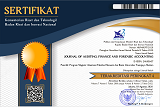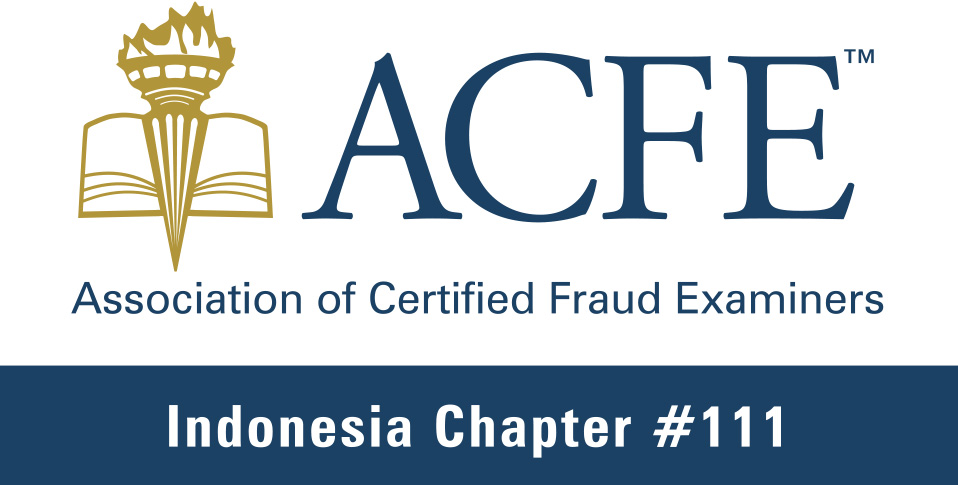Relationship between Environmental, Social and Governance (ESG) Performance and Corporate Debt Levels in ASEAN
Abstract
Keywords
Full Text:
PDFReferences
Abraham, F., Cortina, J. J., and Schmukler, S. L. (2020). Growth of Global Corporate Debt Main Facts and Policy Challenges. http://www.worldbank.org/prwp.
Bai, M., and Ho, L. (2022). Corporate social performance and firm debt levels: Impacts of the covid-19 pandemic and institutional environments. Finance Research Letters, 47, 1-16. https://doi.org/10.1016/j.frl.2022.102968.
Bhutta, U. S., Tariq, A., Farrukh, M., Raza, A., and Iqbal, M. K. (2022). Green bonds for sustainable development: Review of literature on development and impact of green bonds. Technological Forecasting and Social Change, 175, 1-15. https://doi.org/10.1016/j.techfore.2021.121378.
Buchanan, B., Cao, C. X., and Chen, C. (2018). Corporate Social Responsibility, Firm Value, and Influential Institutional Ownership. Journal of Corporate Finance, 52, 73–95. https://doi.org/10.1016/j.jcorpfin.2018.07.004.
Eliwa, Y., Aboud, A., and Saleh, A. (2021). ESG Practices and The Cost of Debt: Evidence From Eu Countries. Critical Perspectives on Accounting, 79, 1-16. https://doi.org/10.1016/j.cpa.2019.102097.
Flammer, C. (2021). Corporate Green Bonds. Journal of Financial Economics, 142(2), 499–516. https://doi.org/10.1016/j.jfineco.2021.01.010.
Gracia, O., and Siregar, S. V. (2021). Sustainability Practices and The Cost of Debt: Evidence from ASEAN Countries. Journal of Cleaner Production, 300, 1-19. https://doi.org/10.1016/j.jclepro.2021.126942.
Halling, M., Yu, J., and Zechner, J. (2020). How did COVID-19 Affect Firms’ Access to Public Capital Markets?. Review of Corporate Finance Studies, 9(3), 501–533. https://doi.org/10.1093/rcfs/cfaa008.
Huang, H., and Ye, Y. (2021). Rethinking Capital Structure Decision and Corporate Social Responsibility in Response to COVID-19. Accounting and Finance, 61(3), 4757–4788. https://doi.org/10.1111/acfi.12740.
Keiner, M. (2005). ETH Library History, Definition(s) and Models of Sustainable Development. ETH, Eidgenössische Technische Hochschule Zürich. https://doi.org/10.3929/ethz-a-004995678.
Qodary, H. F., and Tambun, S. (2021). Pengaruh Environmental, Social, Governance (Esg) dan Retention Ratio Terhadap Return Saham dengan Nilai Perusahaan sebagai Variabel Moderating. Juremi: Jurnal Riset Ekonomi, 1(2), 159–172. https://doi.org/10.53625/juremi.v1i2.266.
Raimo, N., Caragnano, A., Zito, M., Vitolla, F., and Mariani, M. (2021). Extending the Benefits of ESG Disclosure: The Effect on the Cost of Debt Financing. Corporate Social Responsibility and Environmental Management, 28(4), 1412–1421. https://doi.org/10.1002/csr.2134.
Salehi, M., Lotfi, A., and Farhangdoust, S. (2017). The Effect of Financial Distress Costs on Ownership Structure and Debt Policy: An Application of Simultaneous Equations in Iran. Journal of Management Development, 36(10), 1216–1229. https://doi.org/10.1108/JMD-01-2017-0029.
DOI: https://doi.org/10.21107/jaffa.v12i2.27551
Refbacks
- There are currently no refbacks.
Our Journal indexed by:
Our support tools using:



This work is licensed under a Creative Commons Attribution 4.0 International License.












